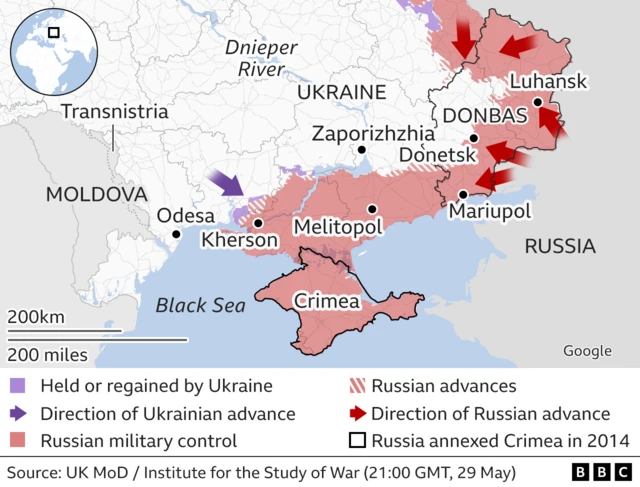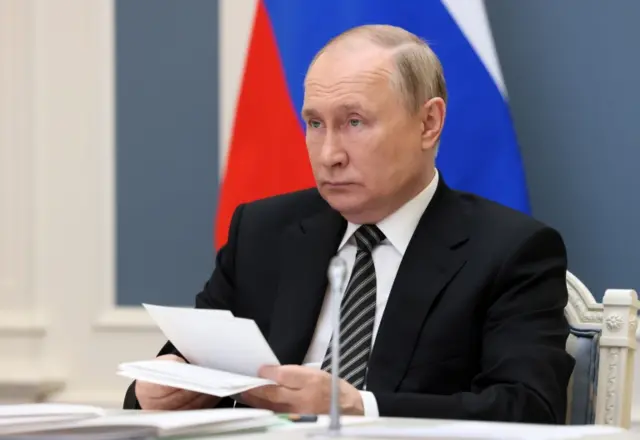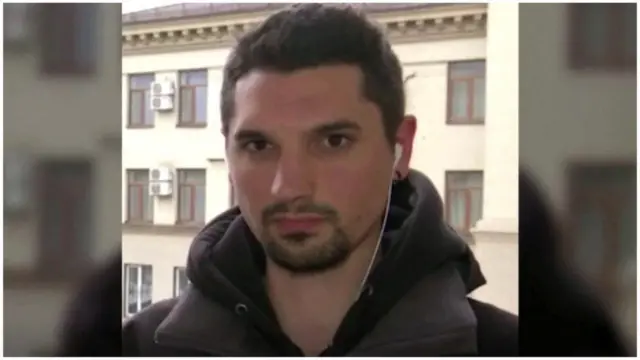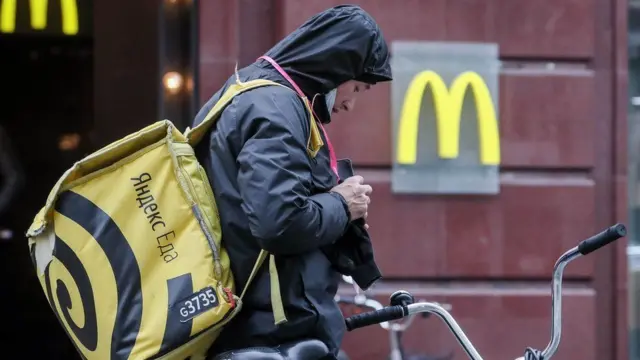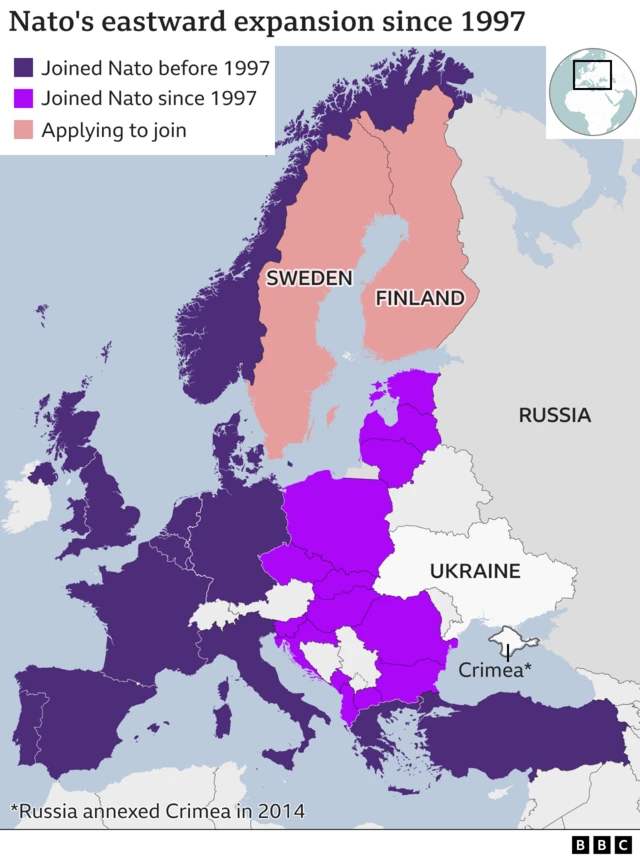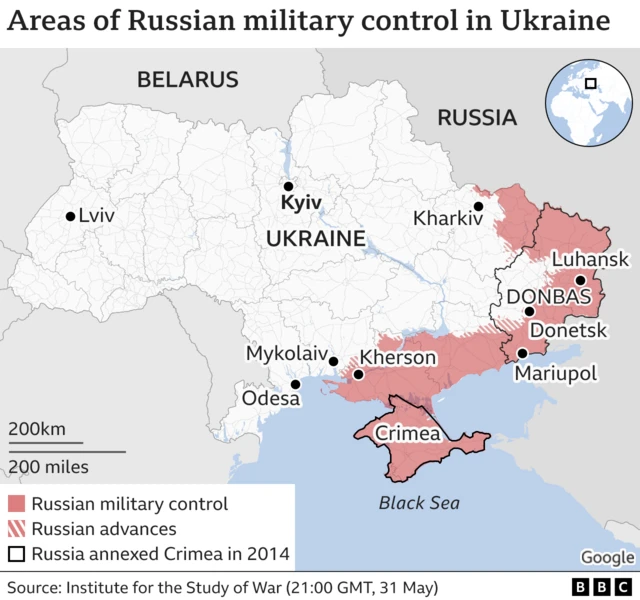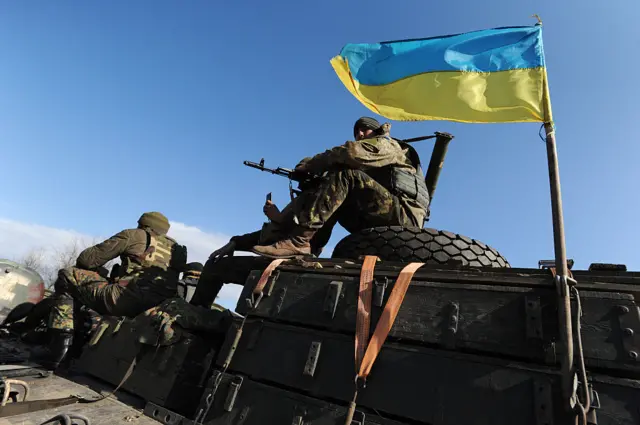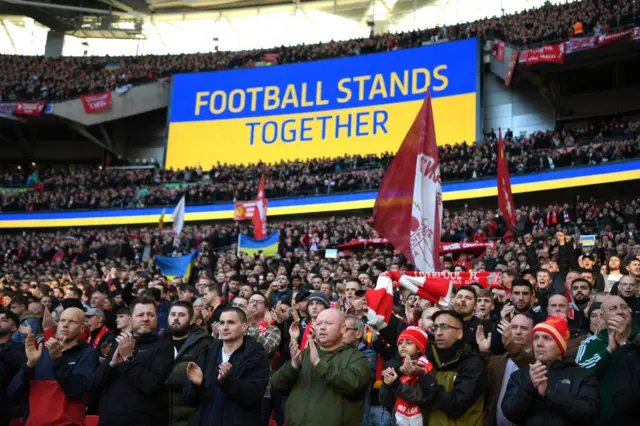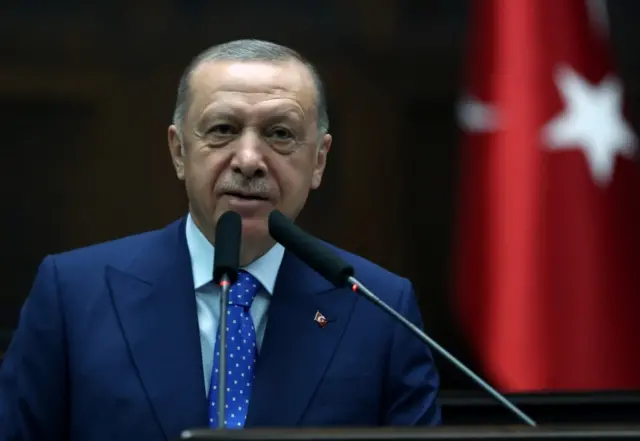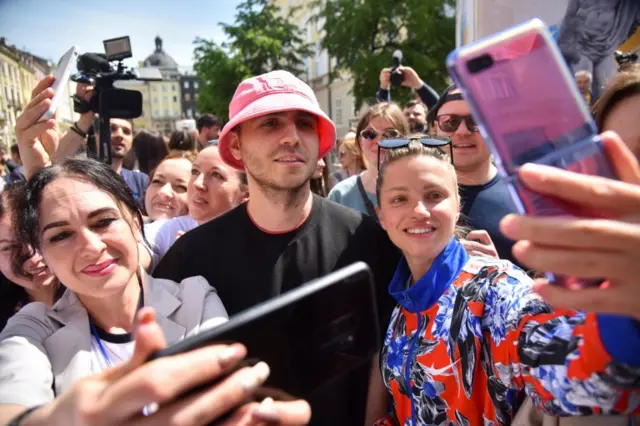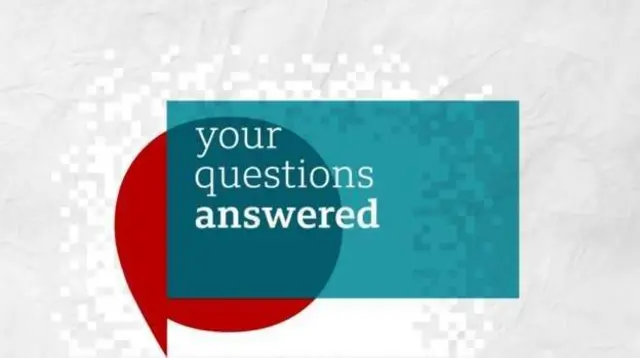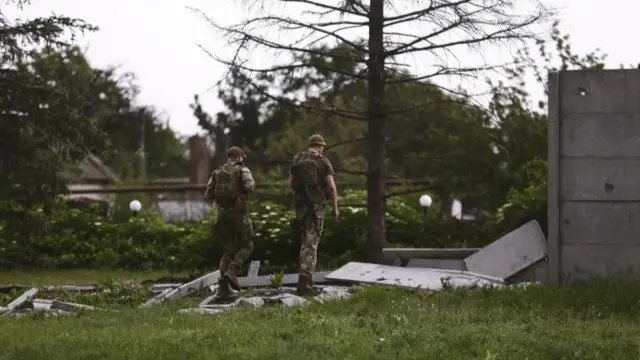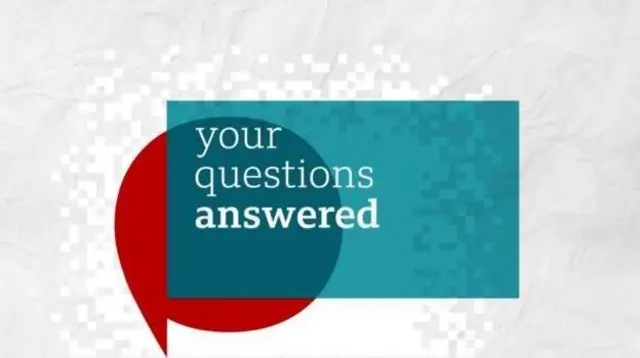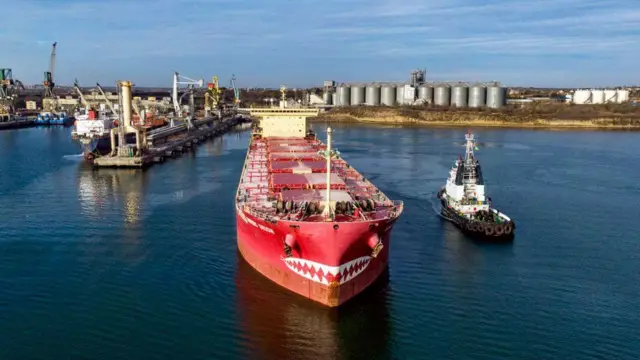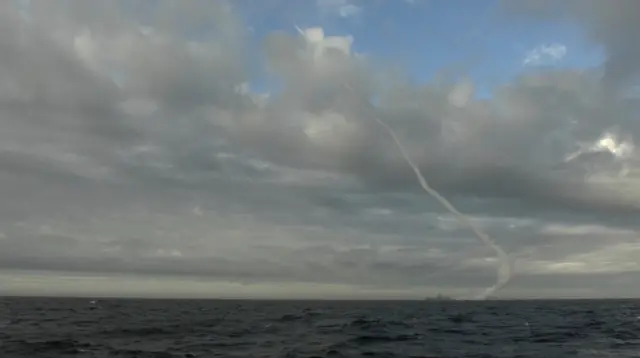
Will Turkey allow Sweden and Finland to join Nato?published at 14:34 BST 1 June 2022
 Paul Adams
Paul Adams
BBC Diplomatic correspondent
Deborah Sheaf, from Hertfordshire, asks: Will Turkey allow Sweden and Finland to join Nato, and how will this impact on those countries’ security if they don’t manage to join?
Turkey is driving a hard bargain and it’s not entirely clear what price it expects to extract for agreeing to allow Finland and Sweden to join the club.
Publicly, it says both countries must stop harbouring Kurdish militants Ankara regards as terrorists. Privately, there may be other things Turkey wants.
There’s been speculation that Ankara wants to be readmitted to the American F-35 Joint Strike Fighter programme. Washington kicked Turkey out of the programme after it decided to go ahead with plans to buy Russia’s advanced S-400 air defence system.
American officials have for some time sounded confident that Ankara can be persuaded to admit Finland and Sweden to Nato. But the clock is ticking. Other Nato members had hoped to be in a position to make an announcement at their summit in Madrid later this month.

